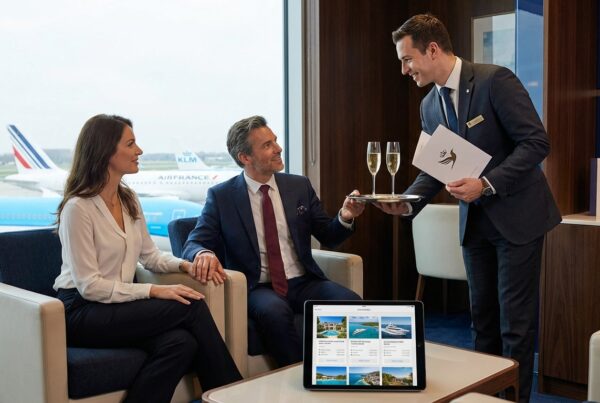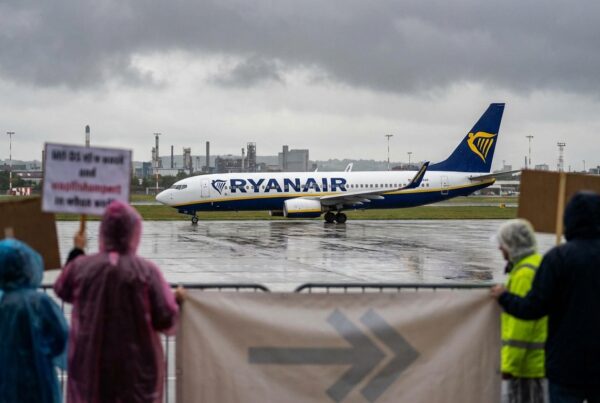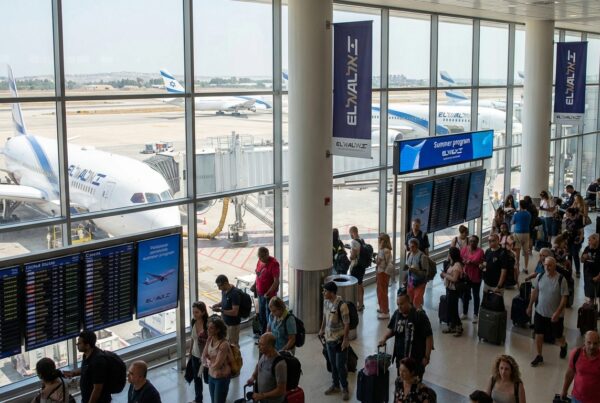The exclusive partnership announced between Korean Air and Archer Aviation for the deployment of the electric flying cab Midnight in South Korea heralds a new phase in urban air mobility. More than just an announcement, this agreement illustrates the convergence of technology, business strategy and infrastructure issues that will determine the mass adoption of electric air cabs on a regional and international scale.
Why this partnership is a game-changer for urban air mobility
The signing of an exclusive agreement between a major historic carrier and an eVTOL manufacturer is a strong signal for the market. Korean Air is contributing its operational expertise, maintenance capabilities and sales network. Archer brings a technological platform designed specifically for short, frequent rotations. According to Flywest, the objective of acquiring up to 100 devices illustrates an industrial ambition and an operating model that can bring electric air cabs closer to becoming a daily transport service, complementary to land-based networks.
The Midnight: an eVTOL designed for commercial use
The model Midnight is distinguished by its compact four-passenger configuration and its goal of fast rotations with short recharging times. These features make the aircraft ideal for replacing road journeys lasting over an hour with flights lasting 10 to 20 minutes, reducing journey times while offering a more environmentally-friendly alternative if the electricity is decarbonized. Speed, range and noise are decisive criteria for acceptance in urban environments, and these are the keys to the concept's competitiveness.
Expected impact on urban and regional transport
The introduction of a commercial eVTOL service by a major player can accelerate the creation of regional air corridors and the establishment of heliports or vertiports near business centers and airport hubs. For passengers, this means faster intermodal connections and increased connectivity to long-haul airports. For businesses and tourist destinations, eVTOL becomes a new attraction. The time savings attested by Flywest position air cabs as a strategic complement to traditional trains, subways and cabs.
Environmental and economic benefits
When the electricity comes from renewable sources, the carbon footprint of an eVTOL flight can be significantly lower than that of an individual road trip. In economic terms, the ability to make numerous short rotations with reduced downtime is a key factor in profitability. The combination of a homogeneous fleet and integrated operation by Korean Air could reduce operating costs and facilitate fare integration with long-haul flights.
Obstacles to overcome: certification, infrastructure and social acceptance
Certification of aircraft and operating procedures remains a crucial step. Obtaining the FAA certification or local approvals is a prerequisite for large-scale commercialization. At the same time, the construction of vertiports, urban air traffic management and electrical connectivity (fast recharging, smart grid) require coordinated public-private investment. The acceptance of local residents will depend on performance in terms of noise, safety and perceived safety.
Regulation and integration into the air system
Civil aviation authorities and airspace managers will have to define operational rules, corridors and safety and maintenance standards. Cooperation between airlines, manufacturers, local authorities and infrastructure operators is essential to avoid the emergence of non-interoperable experimental islands. Clear governance will accelerate commercial deployment, while preserving the safety and fluidity of existing traffic.
Customer acceptance and pricing models
The pricing model will have to strike a balance between accessibility and profitability. Public perception will evolve with the demonstration of reliability, the reduction of noise pollution and the guarantee of a level of safety comparable to commercial aviation. Fare integration with traditional air tickets and urban mobility services will facilitate use by connecting passengers and premium commuters.
Key information
The partnership announced between Korean Air and Archer plans to deploy up to 100 eVTOL in South Korea, targeting government and then commercial applications, according to information reported by Flywest. The Midnight is designed for four passengers, fast rotations and low noise, making it suitable for short urban and regional routes. Operational success hinges on three priorities: obtaining the necessary certifications, deploying a vertiport infrastructure and guaranteeing a carbon-free power supply to maximize environmental benefits. Last but not least, the involvement of a major airline group in the operation reinforces the commercial credibility of the concept and may catalyze the international adoption of electric air cabs.




